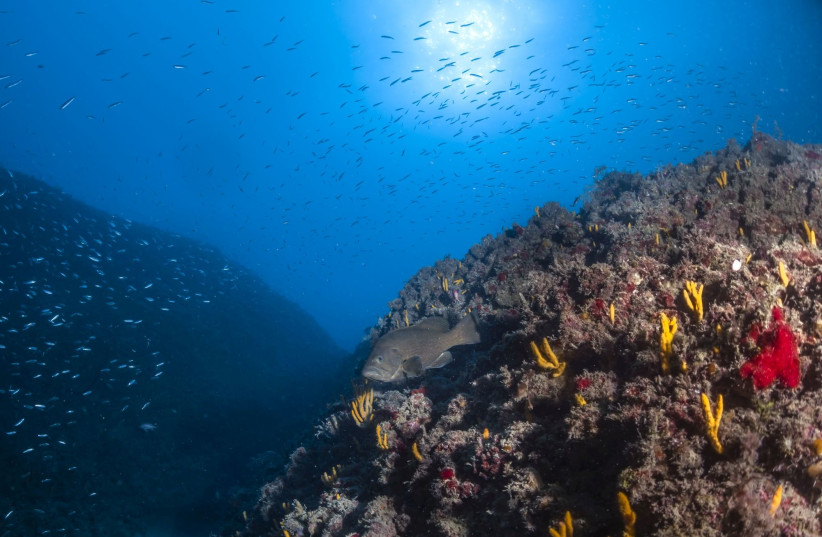A study published last month in the peer-reviewed journal Nature Climate Change sought to understand the potential impact of artificial intelligence on climate change.
AI has both positive and negative effects on the climate, according to study co-author David Rolnick, Assistant Professor of Computer Science at McGill University and a Core Academic Member of Mila – Quebec AI Institute.
"AI affects the climate in many ways, both positive and negative, and most of these effects are poorly quantified," he explained. "For example, AI is being used to track and reduce deforestation, but AI-based advertising systems are likely making climate change worse by increasing the amount that people buy."

How people can change the future of AI
“Climate change should be a key consideration when developing and assessing AI technologies,”
Lynn Kaack, lead study author, Assistant Professor of Computer Science and Public Policy, the Hertie School
The researchers highlighted that engineers, policymakers and scientists can all contribute to using AI to achieve climate goals, McGill University noted. For instance, AI-based autonomous vehicles can help reduce carbon emissions if used for public transportation but could increase emissions if used for personal transportation.
“Climate change should be a key consideration when developing and assessing AI technologies,” said lead study author Lynn Kaack, Assistant Professor of Computer Science and Public Policy at the Hertie School.
“We find that those impacts that are easiest to measure are not necessarily those with the largest impacts. So, evaluating the effect of AI on the climate holistically is important.”
